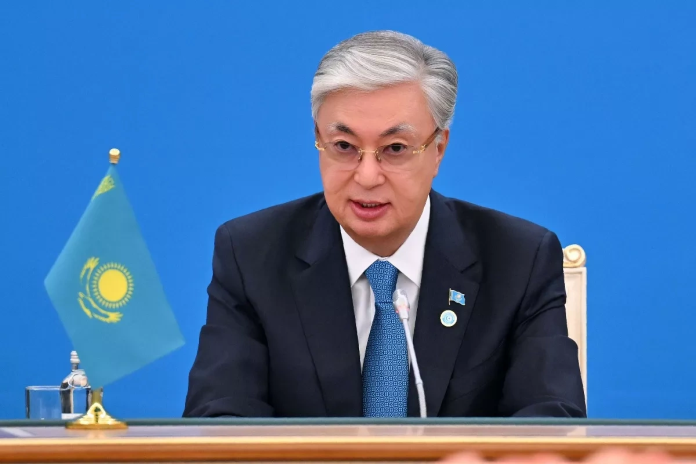Kazakhstan’s bid to overhaul decades-old oil contracts granting foreign firms 98% of revenues from its vast Kashagan field ignited a high-stakes standoff with European energy giants, according to Euractiv.
The dispute, centred on opaque production-sharing agreements (PSAs), underscores growing tensions over resource sovereignty and environmental accountability in one of the world’s most lucrative oil regions.
Since independence in 1991, Kazakhstan’s oil wealth has been managed under PSAs signed in 1997 with Western majors like Shell, Eni, and TotalEnergies, which collectively control 50.4% of the North Caspian Operating Company (NCOC). The deals, never publicly disclosed, funnel 98% of Kashagan’s profits abroad, leaving Kazakhstan with a meagre 2% share despite the field supplying 13% of EU oil imports.
President Kassym-Jomart Tokayev, declaring the terms “unacceptable,” launched a $160 billion arbitration case against NCOC partners, alleging environmental breaches and demanding contract renegotiations. The move risks destabilising EU-Kazakh relations, recently bolstered at the Samarkand summit, as Brussels seeks alternatives to Russian energy.
NCOC’s record—dubbed “Cash-All-Gone” for its 60 billion cost over runs and delayed production—has fuelled public anger over environmental harm and revenue leaks. Despite losing two arbitration cases in March 2025 overa 5.1 billion ecological fine, NCOC refuses to pay, raising questions over who foots the bill for oil spills and methane leaks.
Meanwhile, calls for PSA disclosure are mounting. Oleg Pak of the Baytaq Party estimates annual losses at $20 billion due to skewed contracts, urging reforms to retain more oil domestically.
Almost all the oil is exported abroad. It is necessary to disclose the PSAs in order to improve the terms of the contract, to change the revenue structure.
